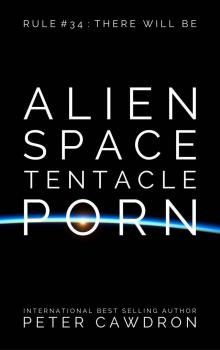 Alien Space Tentacle Porn
Alien Space Tentacle Porn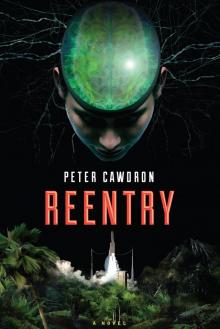 Reentry
Reentry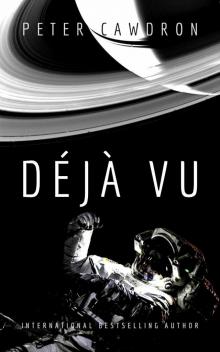 Déjà Vu (First Contact)
Déjà Vu (First Contact)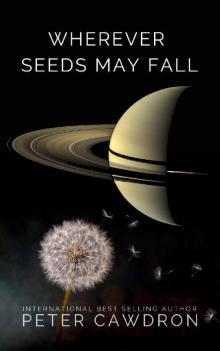 Wherever Seeds May Fall (First Contact)
Wherever Seeds May Fall (First Contact)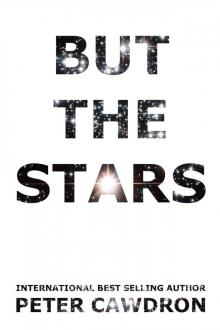 But The Stars
But The Stars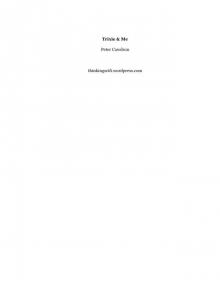 Trixie & Me
Trixie & Me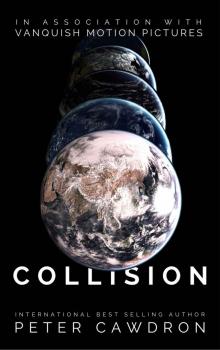 Collision
Collision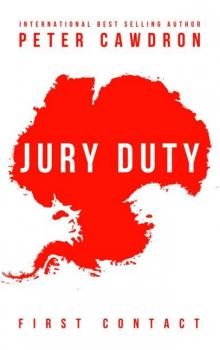 Jury Duty (First Contact)
Jury Duty (First Contact)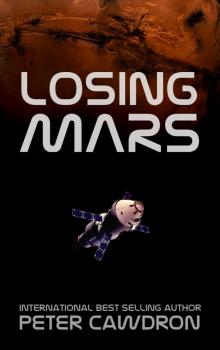 Losing Mars
Losing Mars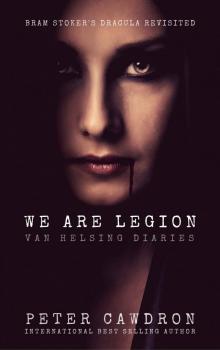 We Are Legion (van Helsing Diaries Book 2)
We Are Legion (van Helsing Diaries Book 2) Van Helsing's Diaries (Books 1-3): Nosferatu
Van Helsing's Diaries (Books 1-3): Nosferatu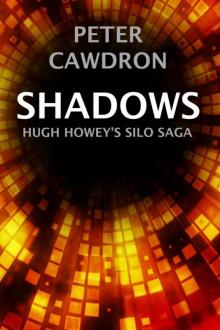 Shadows
Shadows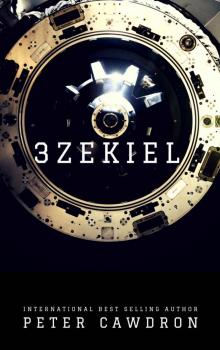 3zekiel (First Contact)
3zekiel (First Contact) Vampire (van Helsing Diaries Book 1)
Vampire (van Helsing Diaries Book 1) Xenophobia
Xenophobia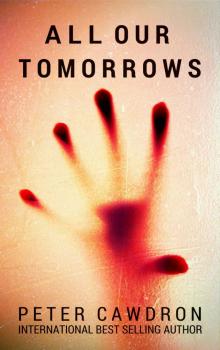 All Our Tomorrows
All Our Tomorrows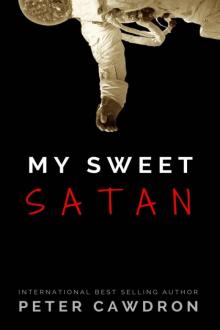 My Sweet Satan
My Sweet Satan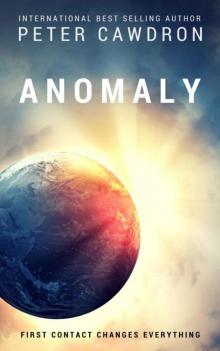 Anomaly
Anomaly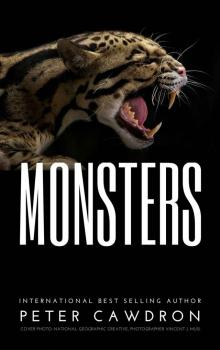 Monsters
Monsters